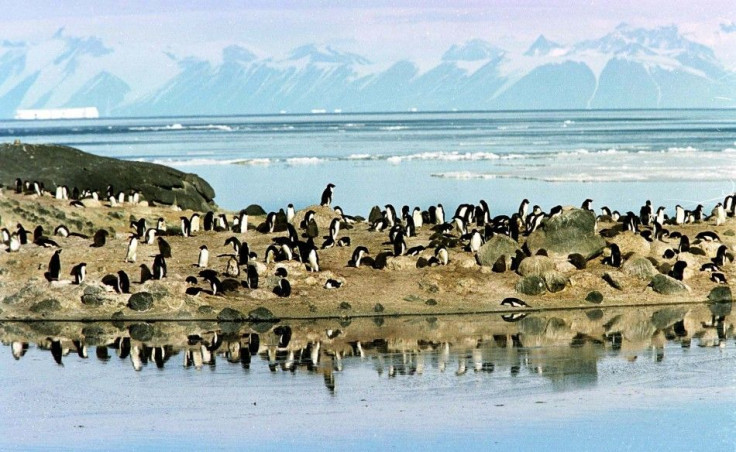Climate Change Causes Species to Shift Habitats: Study

The Earth's rapid warming has led to climate changes in many areas -- prompting species to shift with it, a variety of studies have suggested. Most of these studies looked at a limited number of species or narrow geographic region, however, which means that there isn't a clear global picture as yet.
Still, one larger study that combined several individual studies found that species are moving faster than many previously assumed. Ironically, they are not all shifting toward colder climates.
The study's authors looked at studies that concentrated on changes in altitude as well as studies that concentrated on changes in latitude. The study is self-admittedly regionally biased toward Europe and North America.
When all factors were accounted for, the study, which included more than 1,300 species in 23 groups divided by taxonomy and geography, found that the mean travel poleward of all species was 17km per decade. The mean travel uphill was 11m, two to three times more rapid than was previously thought. Species are moving fastest in areas with the greatest temperature changes, the study found.
Much greater variation is associated with differences among species within a taxonomic group than between taxonomic groups, the authors wrote, adding that bird species have tended to shift their habitats as much vertically and they have horizontally (their natural movement.)
About 20 percent of the species moved in a direction opposite from the one that would be expected of them.
The authors said that physiological differences to habit fragmentation may play a rule in the way in which species responded.
© Copyright IBTimes 2024. All rights reserved.











